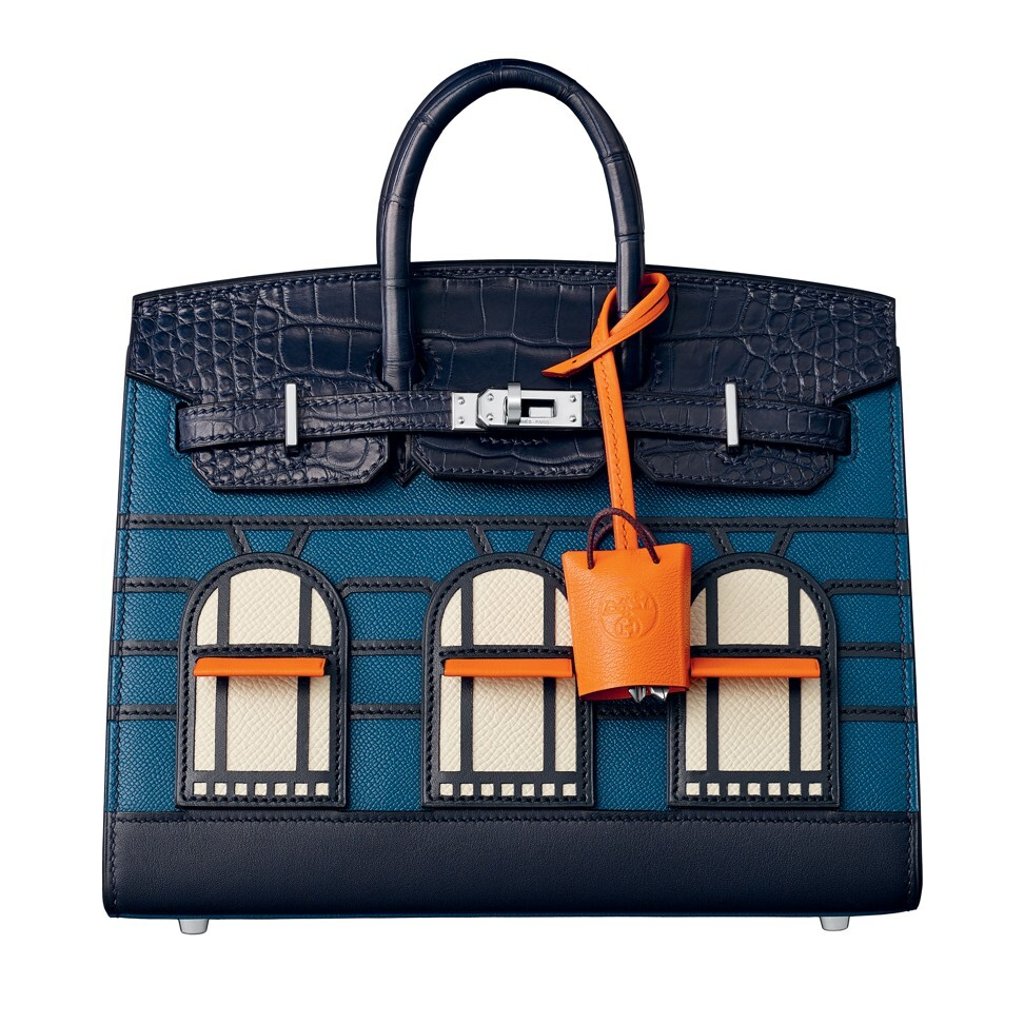Visiting malls, or buying online? How China is reshaping luxury shopping post-Covid-19

The luxury industry in post-coronavirus China is pinning its hopes on digital makeovers to boost flagging sales, but is it enough – and which brands are as smart as their customers?
With a newly liberated consumerism sweeping across the nation, China is showing signs of an early economic recovery. Most domestic travel and outing restrictions have been lifted, and foot traffic in malls is slowly starting to attain pre-virus numbers.
But for the luxury industry, things are still shaky. China, which accounts for more than a third of global luxury spending (a figure forecast to reach as much as 46 per cent by 2025), is undoubtedly where most of the attention is focused.
Overall, the industry is facing disruptions from every angle, with the production side not yet operating at full capacity, and the consumer side holding back on purchases due to major financial hardship.
Billionaire fintech investor Glenn Hutchins addressed the issue in May, stating that physical retail “was [already] in the last stages of its decline”, and saying its demise is now being further accelerated, turning it into an obsolete medium for luxury fashion sales in the post Covid-19 world.

Despite the worrying projections, which have already been accepted as a reality for most brands, all hope is not lost. As players in the luxury sector are grasping for the rope that will pull them out of the rut, recent developments suggest there is a future, at least in China. According to global management consultancy Bain & Company, despite the expected 35 per cent overall decline in luxury sales, companies do still have a chance at emerging “stronger, more innovative, and more purposeful”.
Earlier this quarter, French luxury conglomerate Hermès broke an industry record for Chinese boutiques, bringing in US$2.7 million in sales in a single day – the day of its long-awaited reopening. This followed an almost 8 per cent decline in sales, and growing fears that supply constraints would pose challenges when stores reopened.
An apparently unappeasable appetite for buying, or “revenge shopping”, had been forecast as a probable outcome of the pandemic, though it is also argued that it will be a momentary peak unsustainable in the long-run, rather than a substantial resuscitation.

“I believe that this[revenge shopping] feeling is temporary and ascribable to this long time that has given us sorrow and concern, but soon we will redress the balance and we are already on our way to a new life,” says Brunello Cucinelli, founder of the luxury brand of the same name.
Earlier in the first quarter, companies such as LVMH and Kering had to absorb double-digit declines in revenue, according to Bain & Company. With their reopening, they show a slight recovery in sales, but the market consensus is that they will have to brace themselves for a total loss of more than US$450 billion in fashion and luxury sales as a result of the pandemic, Boston Consulting Group reports.